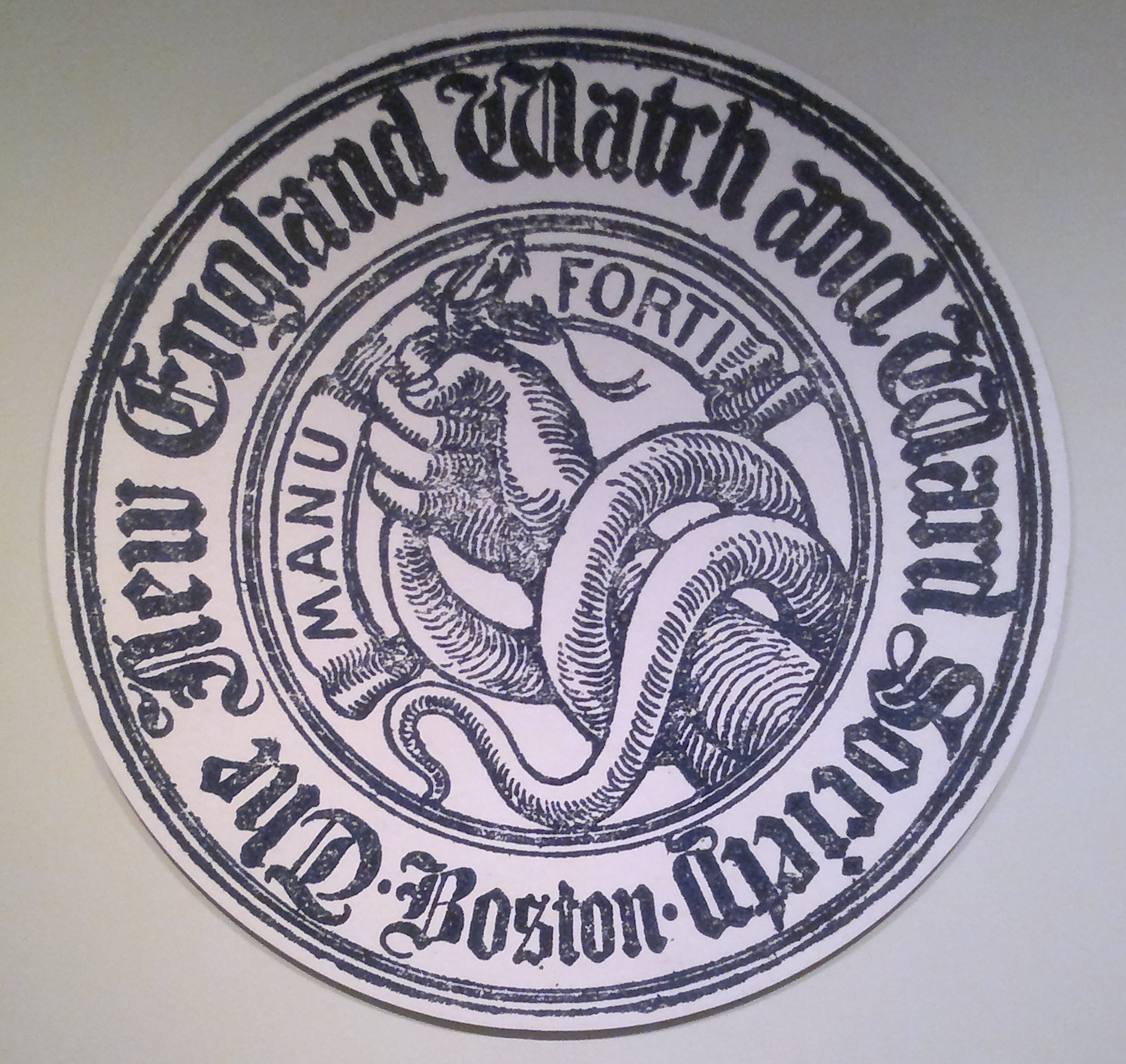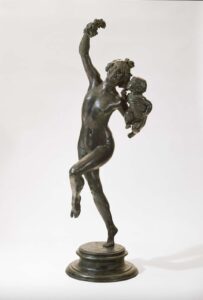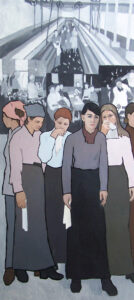
Deerfield-Wellesley Symposium
March 8, 2025
“Banned in Boston”: Histories of Artistic Censorship in New England
A one-day symposium sponsored by the Grace Slack McNeil Program for Studies in American Art at Wellesley College and Historic Deerfield, Inc.

UPDATE: NO LONGER ACCEPTING PAPERS
Symposium Date: Saturday, March 8, 2025
Location: Wellesley College, Wellesley MA
Creative expression can challenge, provoke, and infuriate those concerned with creating a “virtuous” society. In response, political, cultural, and religious leaders have long attempted to suppress artistic practices that seem to stand in opposition to a particular set of cultural values. The New England region has acquired a reputation justified or not – as a place whose conservative culture fosters both explicit and implicit censorship of artistic production. From the much maligned, seventeenth-century Puritans, to the infamous Watch and Ward Society, to current attempts at suppressing LGBTQ art and performance, the region allegedly harbors a deep and persistent antipathy to cultural expressions that push at boundaries or confront the status quo.

We invite papers that explore the contours of artistic censorship in New England from the 17th to the 21st centuries. We are interested in a broad range of papers that address both the activities of censors – their philosophical and intellectual foundations, acquisition of power, strategies of implementation – and reactions to censorship by individuals or groups in the form of public protest, legal remedies, legislative change, or education/marketing campaigns. What are the lasting impacts of attempts to stifle artistic voices? How has censorship had a disproportionate impact on communities marginalized by race, ethnicity, class, gender, or sexual preference? How have new technologies aided or impeded the effectiveness of, or resistance to, censorship activities? Papers focused on censorship in the visual and performing arts, both historical and contemporary, will be given priority, but censorship in the fields of literature and journalism will also be considered.
Papers should be 20 minutes long. All proposals will be peer-reviewed. Speakers invited to present papers will receive overnight accommodation and are expected to participate fully in the in-person symposium program on site.
Proposal Submission Instructions
Please submit via email a 250-word proposal and a two-page C.V. to Martha McNamara mmcnamar@wellesley.edu and Erika Gasser egasser@historic-deerfield.org. Proposals should include the title of the paper and the presenter’s name. The updated deadline for submissions is October 25th, 2024.